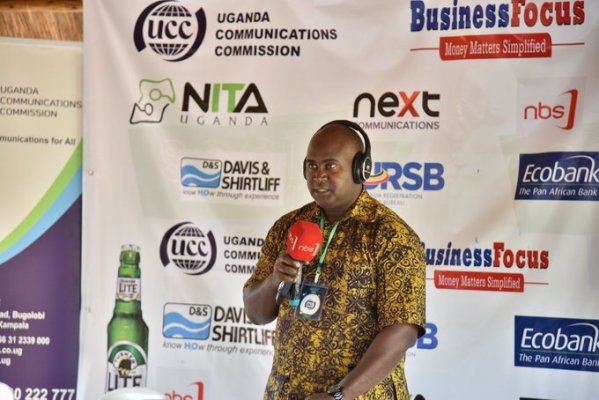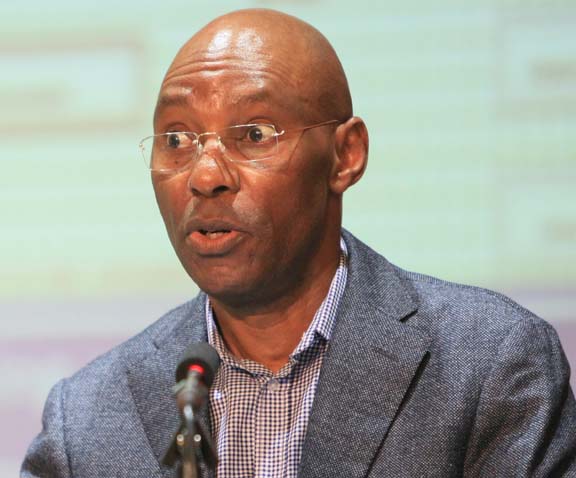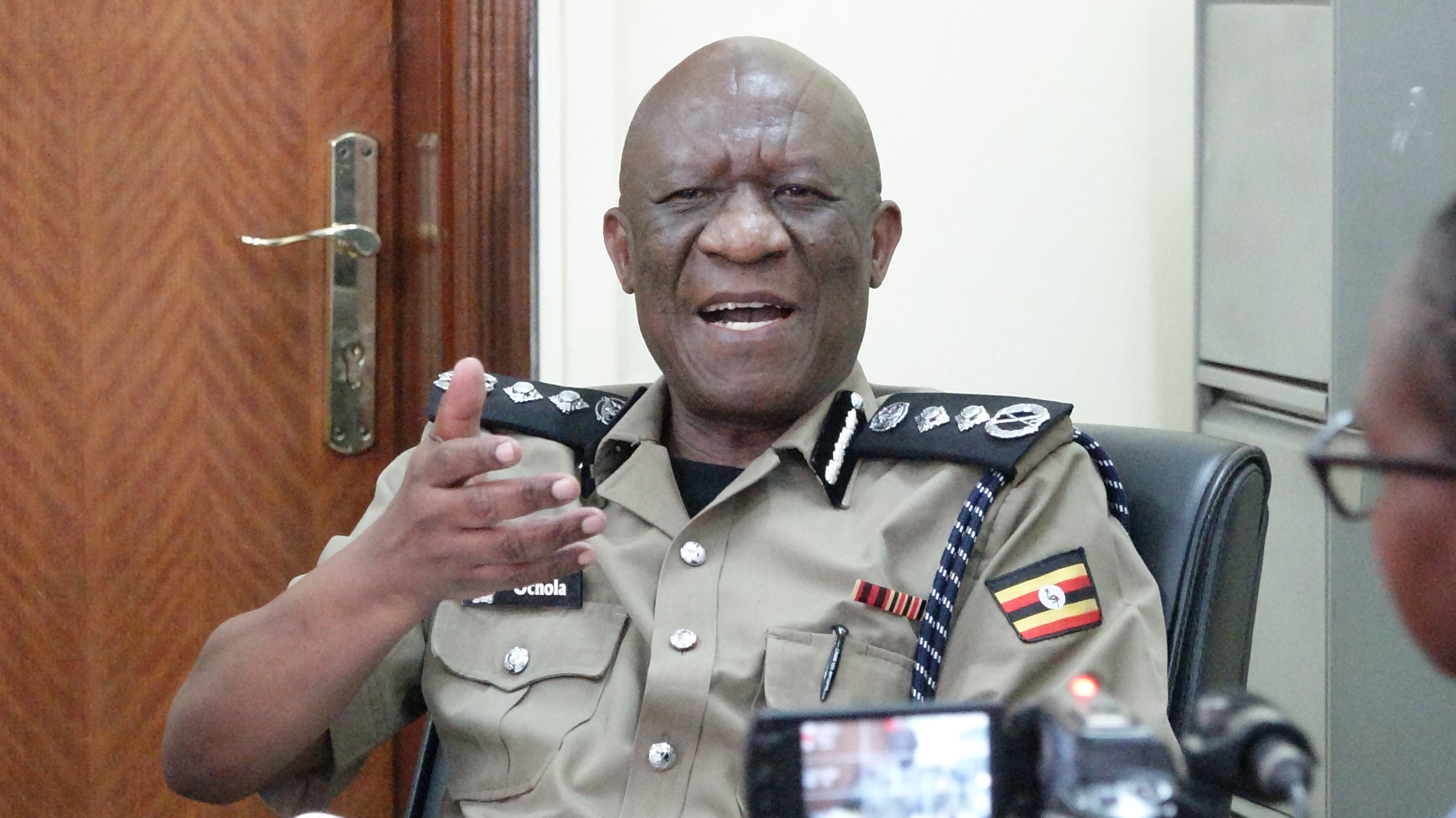The Uganda Communications Commission (UCC) Executive Director, Eng. Godfrey Mutabazi (pictured) has said competition among telecom giants is leading to reduced internet prices in Uganda.
Mutabazi made the remarks in a keynote speech delivered by Ibrahim Bbossa, the Head Public and International Relations at UCC at the opening of the inaugural Social Media Fest held at Silver Springs Hotel, Bugolobi on Saturday.
The event was organized by Spotlight Publications Ltd, the publishers of Business Focus (www.businessfocus.co.ug) together with Independent Online Journalists’ Association- Uganda (Indoja-U). It was sponsored by UCC and Ruparelia Group.
Mutabazi said UCC is committed to improving the quality of service while lowering the cost.
“I’ve often heard some people maintain that data in Uganda is more expensive than in neighbouring countries. The issue of data pricing in the region must be understood in its proper context. When you use fibre to deliver Internet, the cost of infrastructure will influence the price,” Mutabazi said, adding: “Kenya and Tanzania enjoy proximity to the coast, which reduces their cost of infrastructure, while our other neighbour’s slightly lower cost is due to the fact that prices are fixed by the government as opposed to ours which are market driven.”
He added that although data prices in Uganda are marginally higher than other markets within the region, there are positive market indicators that the gap is closing.
“Despite Uganda’s market size and geographical location that imposes an additional cost of delivery of Internet service, our data prices are still competitive and have been on a downward trajectory, particularly since the merger of Airtel and Warid in 2013,” Mutabazi said in his speech.
He added: “The resulting healthy competition between the two main telecom operators (MTN and Airtel) has exerted downward pressure on prices, and the customer is the beneficiary.”

He added that UCC is excited by the tremendous growth Uganda has witnessed in the ICT sector over the last two decades.
The UCC boss further added that the internet revolution has redefined the role of journalists in such a way that anyone with a smart phone and some data can produce and share content.
“As long as you can take photos, record videos and share them, you can potentially reach millions of people with your content. You don’t need togo through journalism school to do this, and your audience doesn’t even care! That is how social media has transformed mass communication, for better for worse,” he said.
He added that some people have a following on Facebook or Twitter that is more extensive than newspaper circulation.
“Someone posts a video and gets one million views within a few hours, an audience which no TV station can boast of in Uganda! It is therefore apt to say that social media has revolutionalised and democratized the media,” he said.

Organizers Commended
He commended Spotlight Publications Ltd and Indoja-U for organising the Soial Media Fest to give Ugandans an opportunity to discuss the changing face of the media.
“I understand that one of your objectives in hosting this event, is to streamline the social media industry so as to promote effective and professional communication. This is a noble goal as anarchy is a real possibility if we promote a laissez-faire attitude towards social media,” he said.
He added: “It is equally important to promote awareness of digital marketing and e-commerce among Ugandans as the potential for social media to drive economic transformation is significant.”
He added that it is also good to once in a while come together as social media enthusiasts and interact physically, have one-on-one experiences, network, exchange ideas and have fun.

He further thanked the organizers for choosing a good theme, “Redirecting Social Media to Impactful Social Networking Engagements” which he said speaks to the need to promote a social media that leaves a positive impact on people.
“It is one thing to spend a whole day on social media insulting people and gossiping; it is another to leveragethese platforms to earn a living or make a positive difference in other people’s lives,” he said.
Mutabazi revealed that UCC encourages and promotes freedom of expression, freedom of speech, and of the media.
However, he said, they are also cognizant of the fact that social media is a double edged sword – it can build just as it can destroy. It can be a force for good just as it can be a force for evil.
“And just as it is our responsibility to promote growth in the communications sector, it is also our responsibility to protect consumers from the potentially harmful aspects of social media and electronic media in general,” Mutabazi said.
He added: “Victims of drug and human trafficking, terrorism, violence, fraud, cyberbullying, fake news, mudslinging, which are all rife on social media, needour protection.It is important to be mindful that aswe enjoy our own rights and freedoms, we must not violate other people’s rights.”
For instance, he said, broadcasting standards set out under the law are aimed at ensuring that in exercising their rights, broadcasters don’t infringe upon the rights of others, break the law or compromise national security or public interest. This is an established norm world over.
“Your stated objective to help “streamline the social media industry towards effective and professional communication amongst users” clearly makes you valuable partners of the Commission as we share the same objective,” he said.
He added: “Indeed, the move to register online media entities is recognition of the critical role that some of you play and thus part of our effort to help streamline your sector and promote effective communication and professionalism. I’m happy to note that many of you have responded positively to this policy.”






